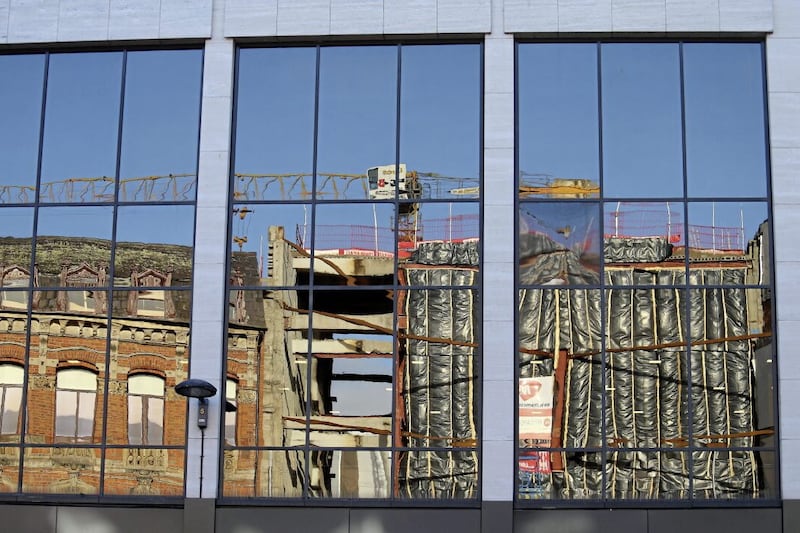THE gap between the number of house hunters coming to market and the choice of properties for sale is at its widest since 2013, according to surveyors.
And the mis-match between buyers and sellers is putting an upward pressure on house prices, with every single Northern Ireland respondent to the latest Rics/Ulster Bank residential market survey saying prices rose in the last month.
A net balance of 75 per cent of property professionals noted an increase in new buyer inquiries during May, according to the survey (more than double the overall UK rate).
But the supply of homes fell further, with a net balance of 21 per cent of surveyors reporting a fall in the number of new property listings.
In terms of the outlook, Northern Ireland surveyors remain confident for sales activity, with a 74 per cent of respondents expecting the number of homes sold to increase over the next three months.
And nearly two thirds (63 per cent) expects rising prices between June and August, though this is down from 77 per cent last month.
Rics' regional residential property spokesman Samuel Dickey says: “We're seeing more properties coming on to the market, but again this isn’t at a sufficient rate to meet buyer demand, and that mismatch is leading to the increase in house prices we are currently seeing.
“Some of the factors at play continue to be people wanting more space and also professionals living elsewhere seeking to move back to Northern Ireland, which is leading to very strong demand for detached properties in sought after areas.”
Growth in property sales may soften a little in the coming three months once the stamp duty holiday is tapered from July to September.
Simon Rubinsohn, Rics chief economist, said: “Ending a tax break always has the potential to be a little disruptive for a market but with the economy performing better than could have been expected even a short while ago and the cost of money still at rock bottom levels, the principal drivers supporting demand will remain in place even after the expiry of the stamp duty holiday.”
Terry Robb, head of personal banking at Ulster Bank, said: “House prices in Northern Ireland rose at their fastest annual rate since 2016 during the first quarter of this year, and this latest survey suggests that price inflation has continued into the second quarter.”






